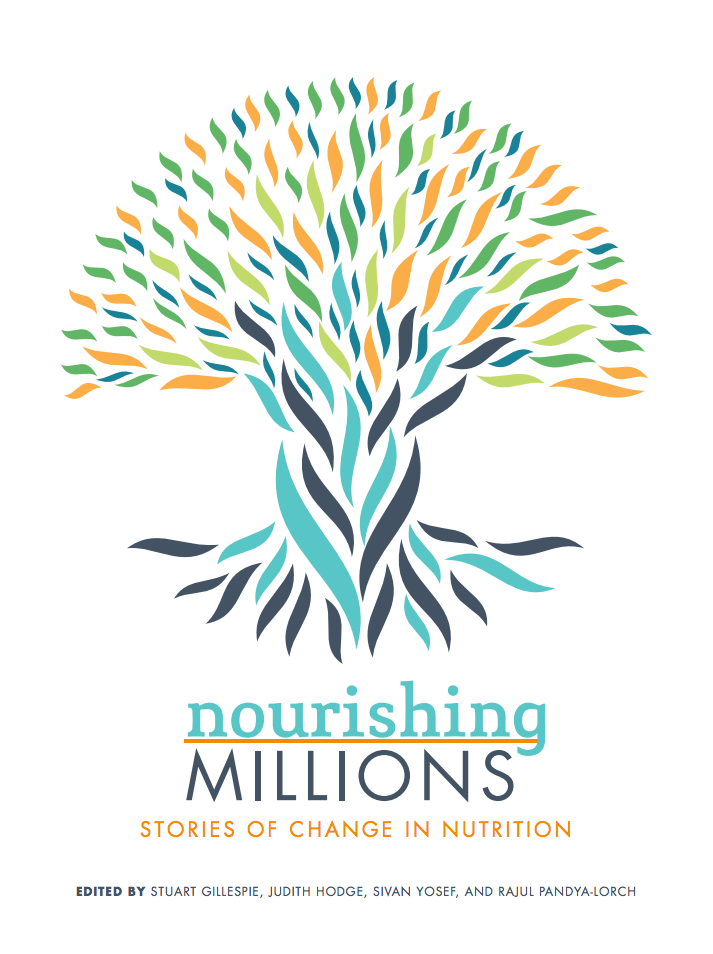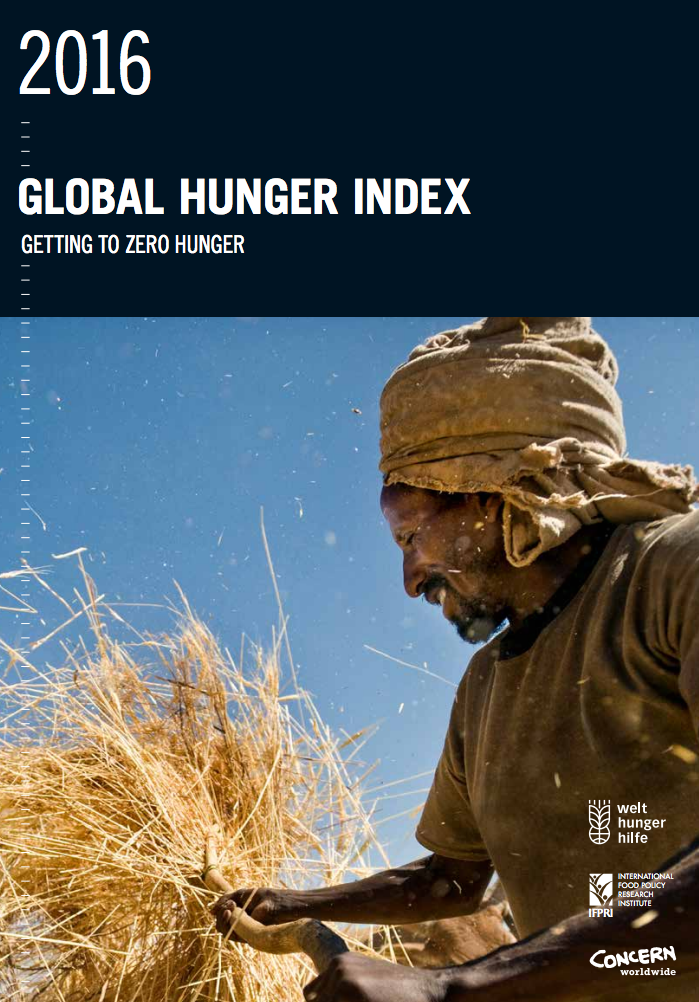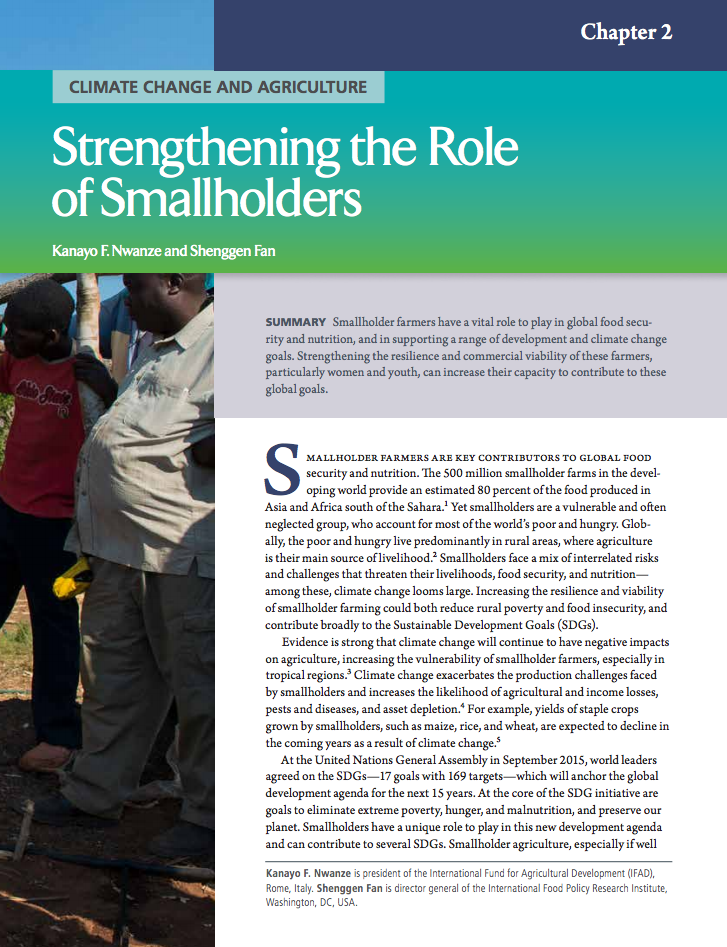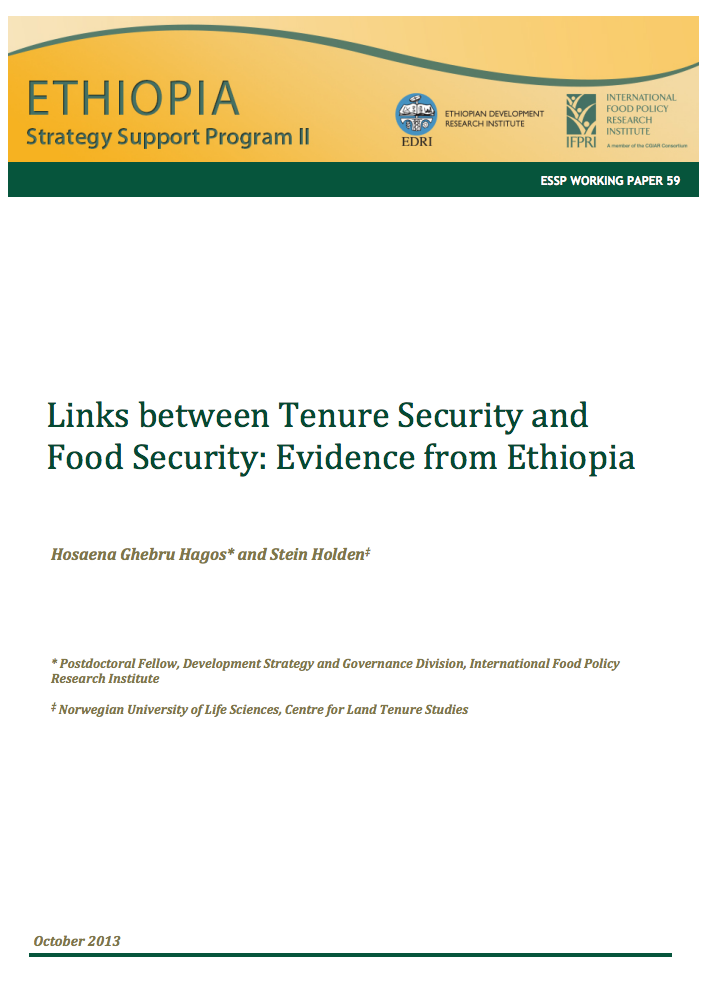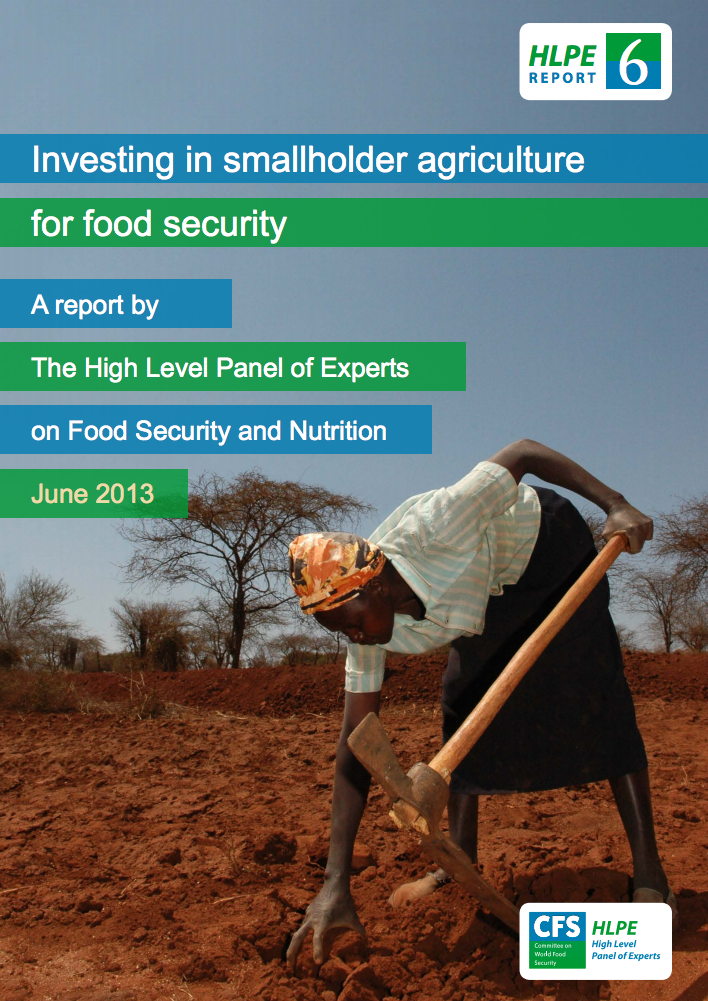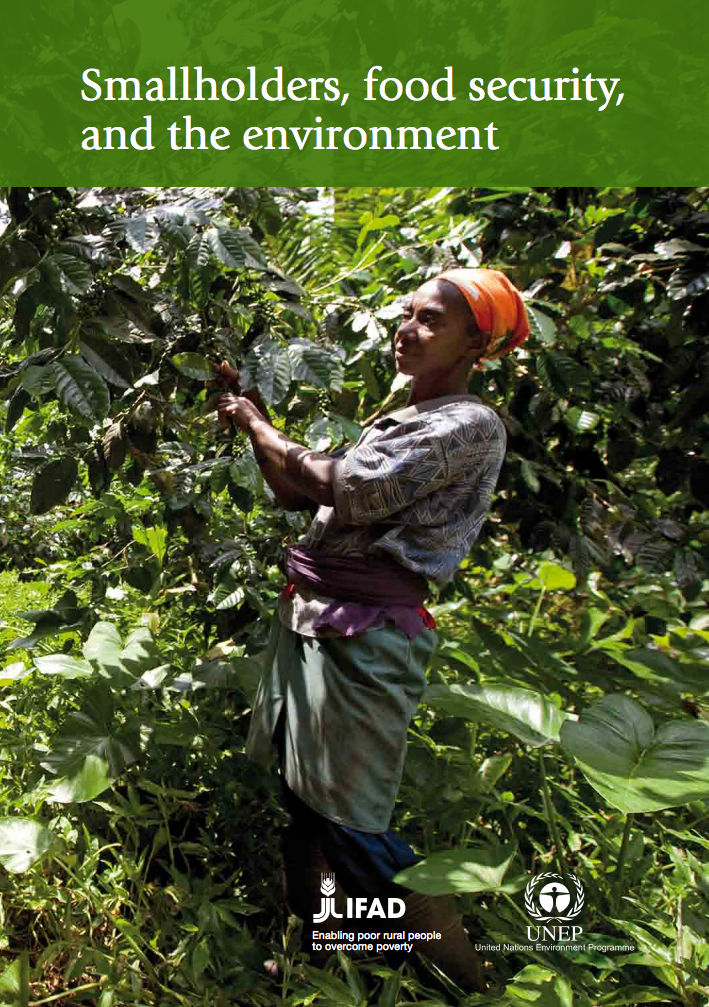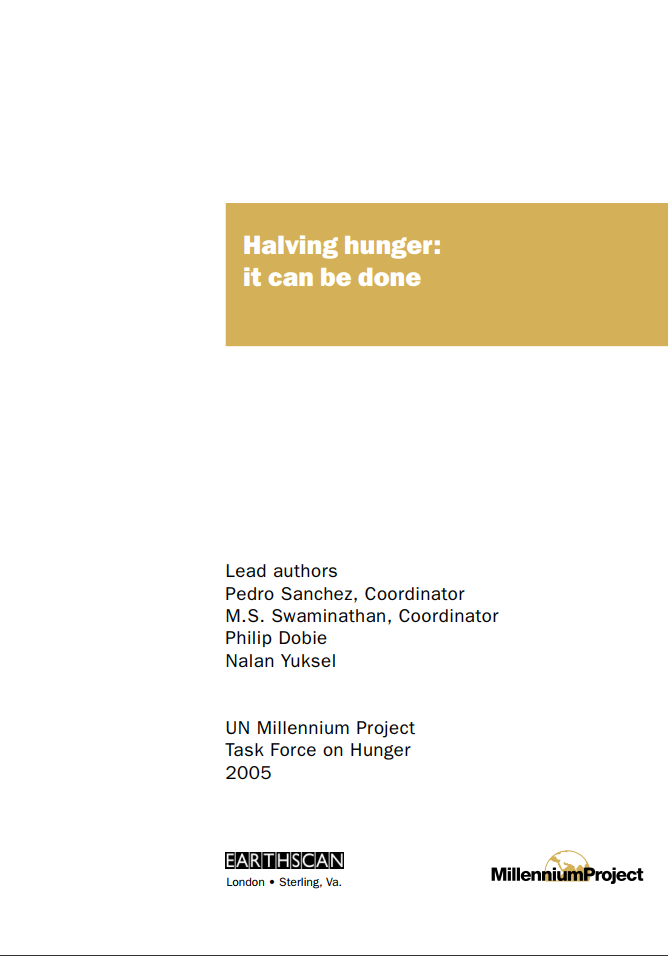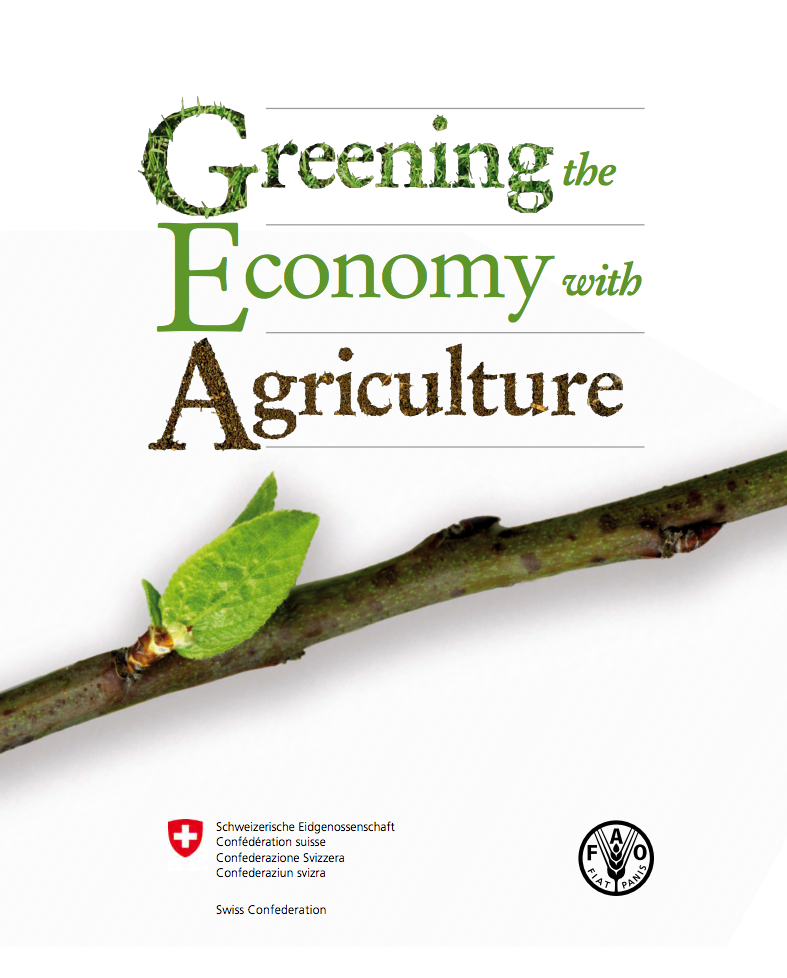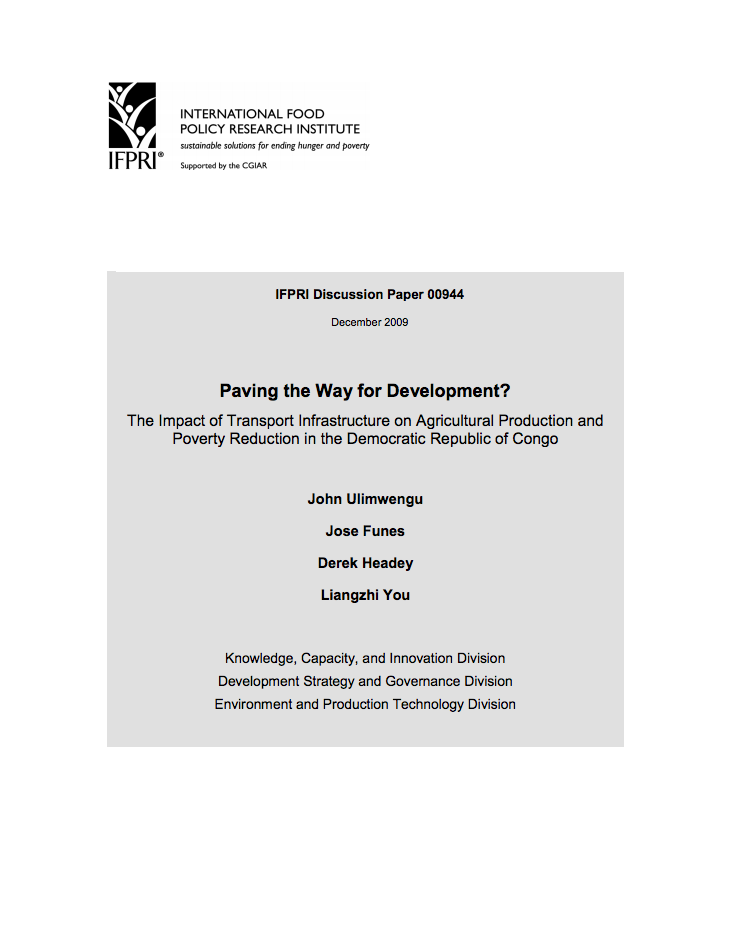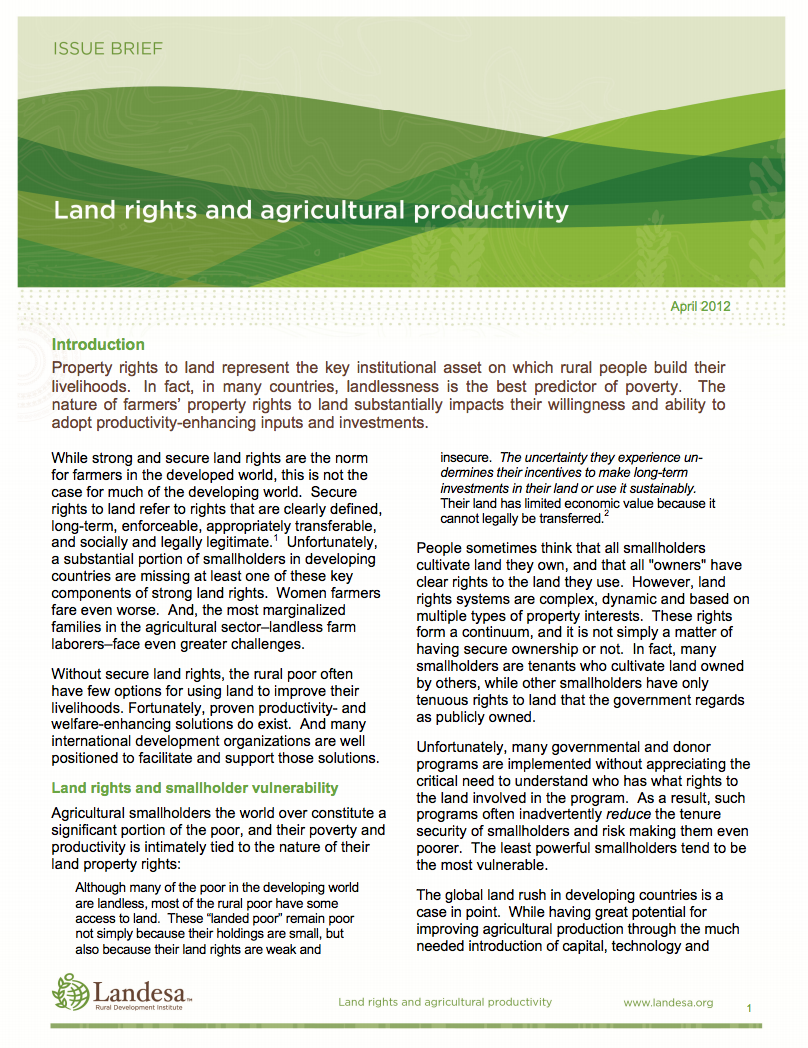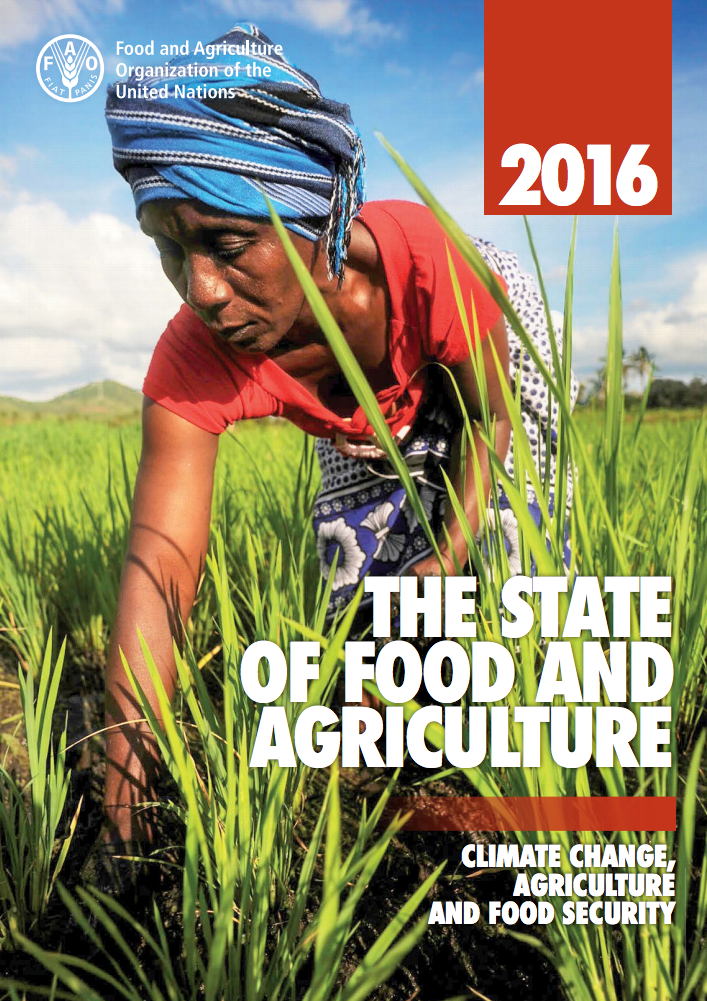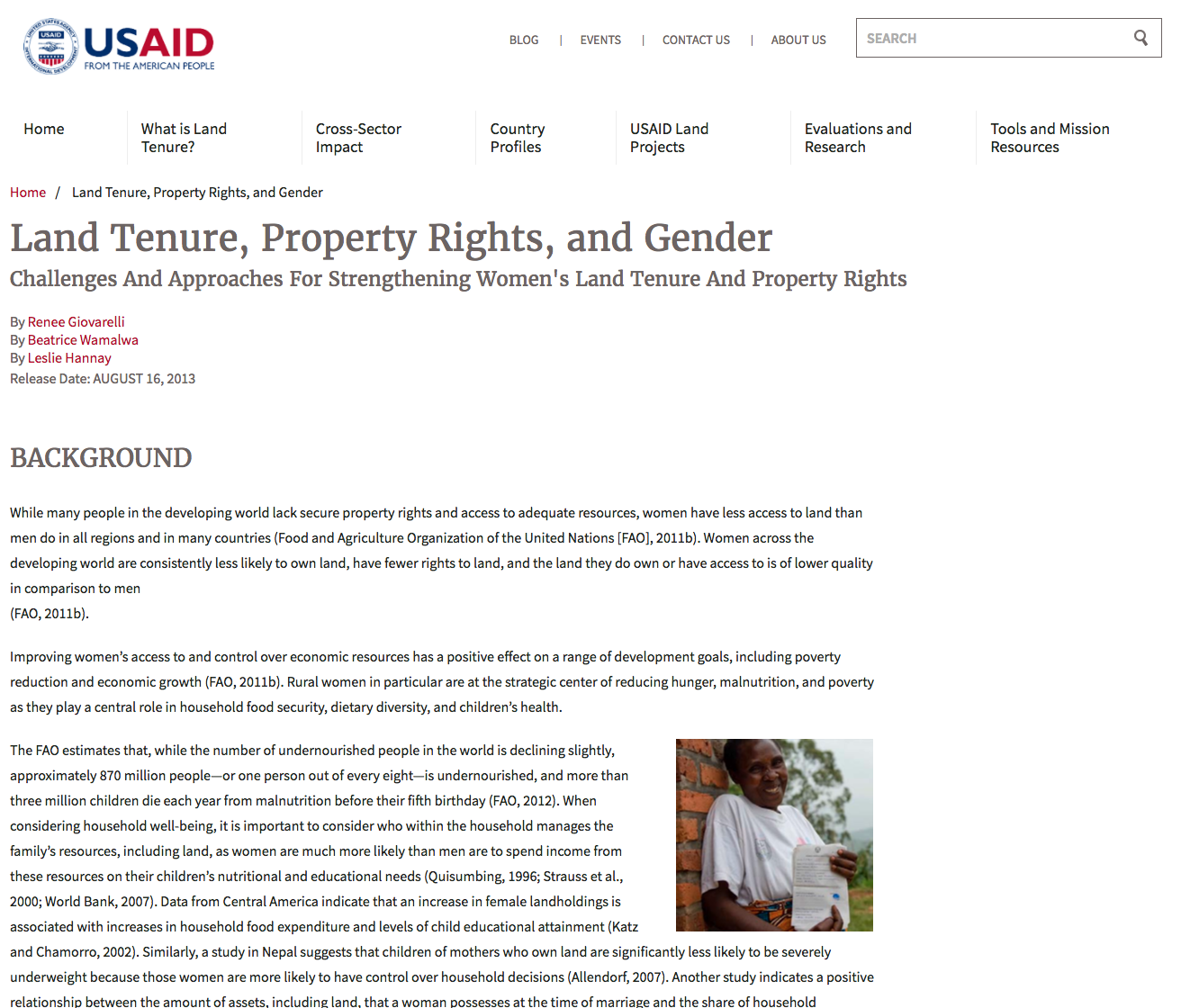Nourishing millions: Stories of change in nutrition
Malnutrition costs the world trillions of dollars, but global commitment to improving people’s nutrition is on the rise, and so is our knowledge of how to do so. Over the past 50 years, understanding of nutrition has evolved beyond a narrow focus on hunger and famine. We now know that good nutrition depends not only on people’s access to a wide variety of foods, but also on the care they receive and the environment they live in. A number of countries and programs have exploited this new understanding to make enormous strides in nutrition.

